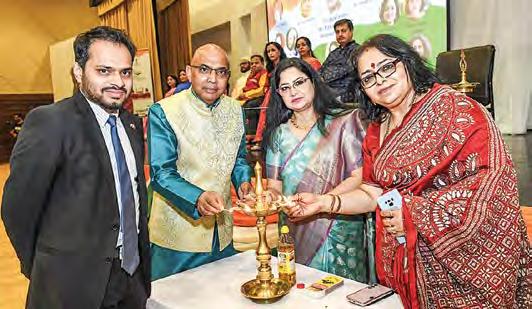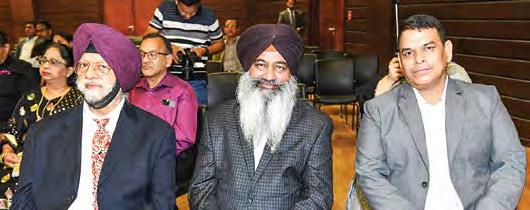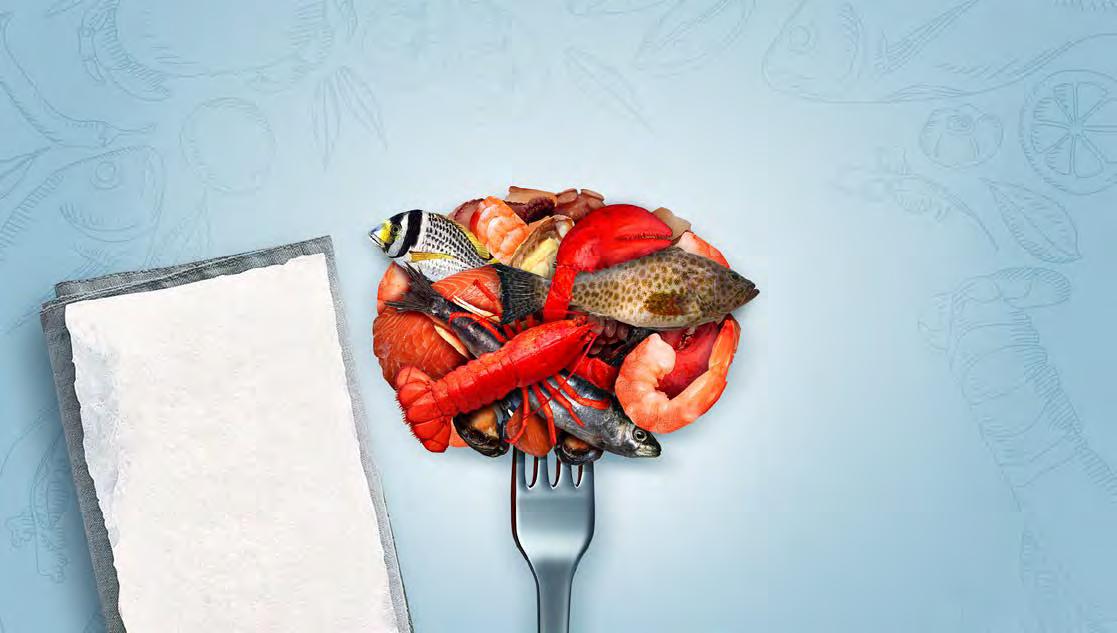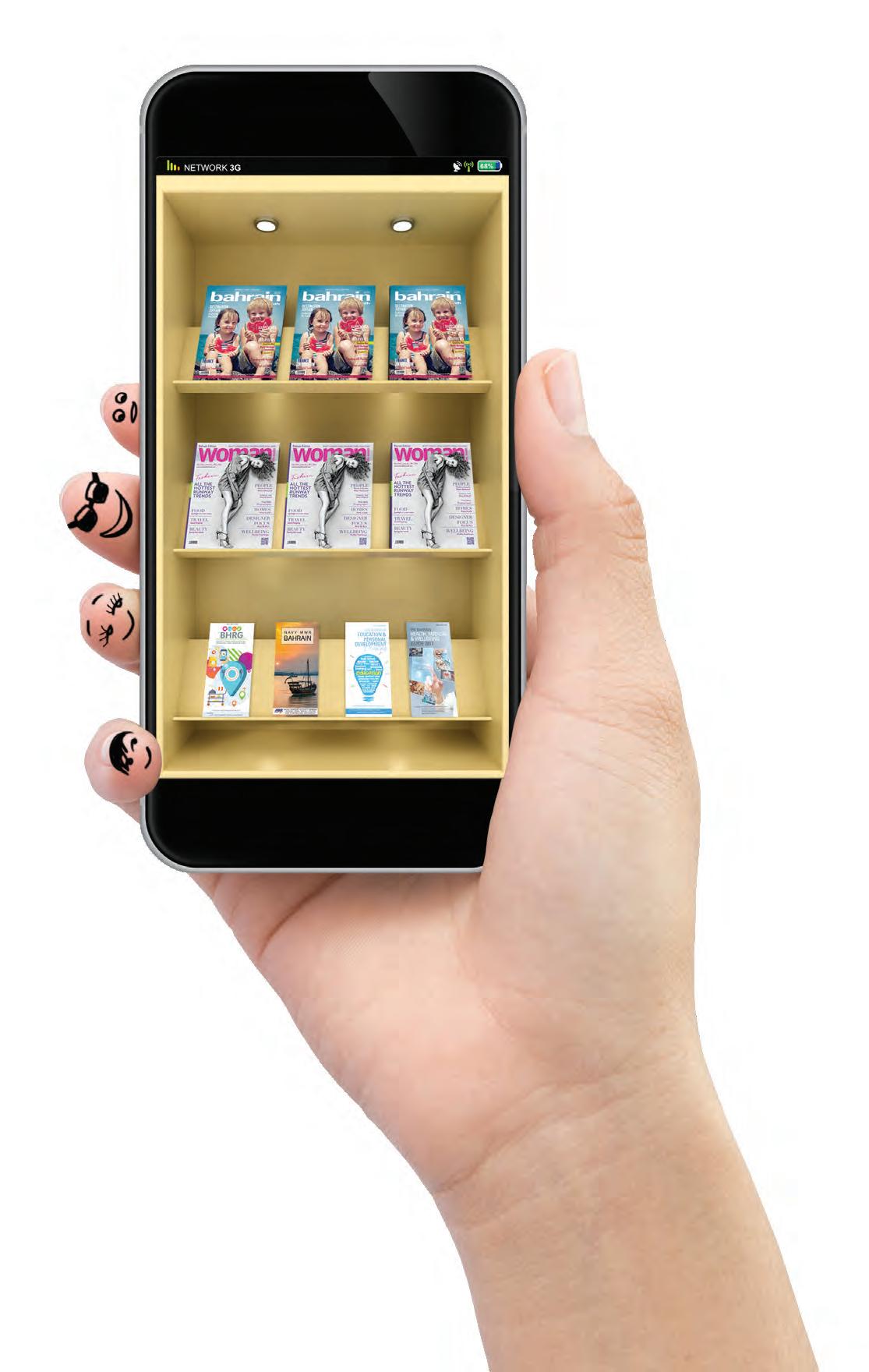
2 minute read
A HELPING HAND
The Bahrain Animal Rescue Centre (BARC) is the largest no-kill shelter in the Kingdom of Bahrain, with a mission to save local dogs and cats that are victims of abuse, abandonment or homelessness. Farrah Saville chats to them about their thankless work and why they need all the help they can get.



agalag, a dog park in Saar, is the perfect spot to meet BARC volunteers, Soha Al Awadhi, Muna Al Daaysi and Alexis Khoshaba, just three of the nine volunteers currently looking after 300 dogs and 100 cats. Their efforts are relentless as they try to rescue, rehabilitate and rehome abandoned pets all across Bahrain.

Muna explains: “BARC began with Tony Waters as just a man in his villa, finding injured dogs and cats on the street and just taking them in. The numbers then grew and he developed his facility a bit more to accommodate the increasing numbers. ‘Tony the Dogfather’ began, then it became the Marine Animal Rescue Centre and it’s just a continuation of his mission really, to rescue rehabilitate and rehome.”
The transition to manage the centre after Tony’s passing was well-handled by the dedicated volunteers who understood the legacy he had created. She said: “When you have a group of people with the same mission and the same outcome, it will be a smooth transition because we all want the same thing. I would say probably the most difficult part of it was obviously losing a man of that influence and footprint in this field. But also, we had to move locations with 300 dogs and 150 cats and I’d say that was a bit more challenging.” importance of microchipping them. There is not even a central database for microchipping, so they’re left to the mercy of the weather.”
According to reports posted by the Khaleej Times, the allure of pure and mixed-bred puppies seems to outweigh the responsibilities that come with owning a pet long-term. Soha, who has been volunteering at the centre for two years, says there needs to be a lot more education around pet ownership.
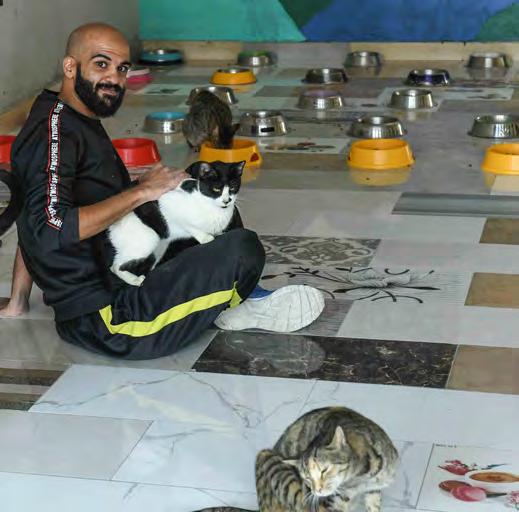

“I don’t want to generalise, but from what I’ve seen, a lot of people take in animals, not as pets or as a longterm commitment. So, they’re a commodity to be bought, sold, traded and eventually dumped. There are no laws around what happens if you dump an animal.
The running costs of BARC are high with the centre relying heavily on donations to meet the needs of the animals. For example, volunteers explain that the centre runs on a generator at BD850 per month, this excludes the diesel it takes every few days to fuel the generator. Additionally, the shelter relies on donations for vet and tick medication, neutering and spaying, and dry food and with 300 dogs and 100 cats it’s currently costing BD65 per day to feed the animals.
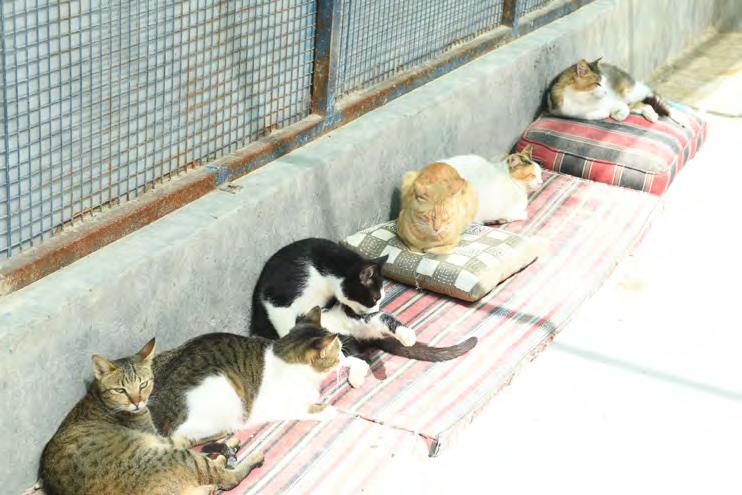
It’s a dire situation but not all hope is lost. Alexis, another volunteer who took in an abandoned pitbull, explains that the joy of seeing dogs being rehomed overseas, adopted and fostered is not the only reward but seeing the dogs thrive in
How can you help?
loving environments is what makes the heavy journey of volunteering somewhat easier. She says: “Just seeing the difference in these dogs from when we find them to how they are now is what it’s all about. Seeing the dogs get love, it transforms their lives.”
6. If you’re not a dog/cat person – you can still assist by offering other services like creating newsletters, helping with social media, creating videos, and other marketing content
7. Sponsor a dog to be rehomed in another country



